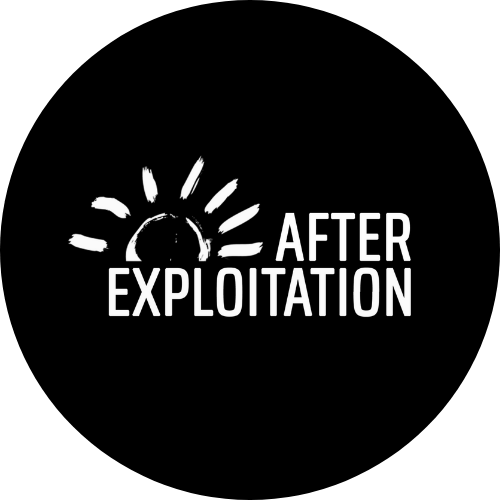16th May 2024: The following statement was issued jointly by modern slavery organisations After Exploitation, Anti-Slavery International, Stop and Prevent Adolescent Criminal Exploitation (SPACE), modern slavery consultants Joanne Phillips and Emily Vaughn, and Dr Ella Cockbain of University College London (UCL).
The statement addresses Government proposals to reduce access to certain forms of sex and relationship education available to children under 13-years-old. It first appeared in the Evening Standard and syndicated titles.
Full statement:
“Those who seek to sexually abuse or exploit children thrive on poor awareness. Maintaining secrecy is a key tool employed by child abusers, and the power imbalance between children and their perpetrators grows wider and wider the less we empower young people with knowledge about what safe relationships, consent, and abuse, look like.
We are concerned by government plans to delay some forms of sex and relationships education until the age of 13, despite the fact that childhood survivors of sexual abuse routinely attribute their lack of disclosure to their inability to ‘understand’ the abuse whilst it was taking place.[1]
Abusers do not wait for a ‘particular age’ before abusing children, including in cases of trafficking. According to the Crown Prosecution Service, “children as young as 6 years of age have been reported as being recruited and groomed”. [2] 1,119 children were referred as victims of sexual exploitation last year.[3] This is likely the tip of the iceberg.
As organisations and individuals working to combat exploitation and reduce harm, including amongst children and young people, we are gravely concerned about proposals to delay sex education. We will be watching carefully to see how new guidance deals with issues such as consent, abuse and healthy relationships.”
If you have questions about the above statement, email Maya@afterexploitation.org
An expert with lived experience of sexual exploitation, Joanne Phillips, explained that traffickers routinely create dangerous “norms” which can only be addressed through education.
Phillips said: “Between ages 13 and 18 I was raped, trafficked, sexually exploited and sold into prostitution. I thought it was normal to be forced into sex, grabbed and raped, in constant pain… because ‘I’m a girl and girls have to do things they don’t want to do’. I believed girls have to do what the men say, because the men are always in charge and the men are always the boss of everything.
I thought this because nobody had educated me. Nobody had said this was wrong, or explained that I could say no. Instead, I was told I ‘asked for it’, was a ‘slag’, and I was arrested for being a prostitute. That is what I believed, because nobody had said otherwise”
Further resources and statements on the SRE proposals:
Resources and toolkits:
Amnesty International: Statement on proposed changes to Relationships, Sex and Health (SHRE) statement
NSPCC: SRE resources for schools, including toolkits on talking to primary school children about staying safe from sexual abuse
Children’s Society: Spotting the signs of child sexual exploitation
Plan International UK: ‘It’s my right!’ campaign, calling on SHRE that tackles consent, periods, abuse and girls’ rights
Brook: Join the learning network, run by sexual health and education charity Brook, for updates and teaching resources on RSE
Getting help:
Barnardo’s: Offers support for children experiencing modern slavery and exploitation, including through the Independent Child Trafficking Guardian Service
National Association for People Abused in Childhood (NAPAC): An organisation offering advice resources for adults dealing with the effects of childhood abuse
Stop and Prevent Adolescent Criminal Exploitation (SPACE): Offers advice and resources for parents with children affected by criminal exploitation, including in cases where sexual abuse plays a role
Every Child Protected Against Trafficking (ECPAT): Support for victims of child trafficking and the professionals with a duty of care to them. The programme ‘Care for Every Child’ is a service for young survivors of exploitation placed in Home Office hotels
Mind [support options for abuse]: A directory page including mental health services for survivors of abuse
The Survivors Trust: Rape and sexual abuse services across the UK
References:
[1] https://learning.nspcc.org.uk/media/3395/mandatory-reporting-report.pdf (https://learning.nspcc.org.uk/media/3395/mandatory-reporting-report.pdf) pg 15
[2] https://www.cps.gov.uk/legal-guidance/modern-slavery-and-human-trafficking-offences-and-defences-including-section-45 (https://www.cps.gov.uk/legal-guidance/modern-slavery-and-human-trafficking-offences-and-defences-including-section-45)
